Sometimes Brushing Does More Harm Than Good
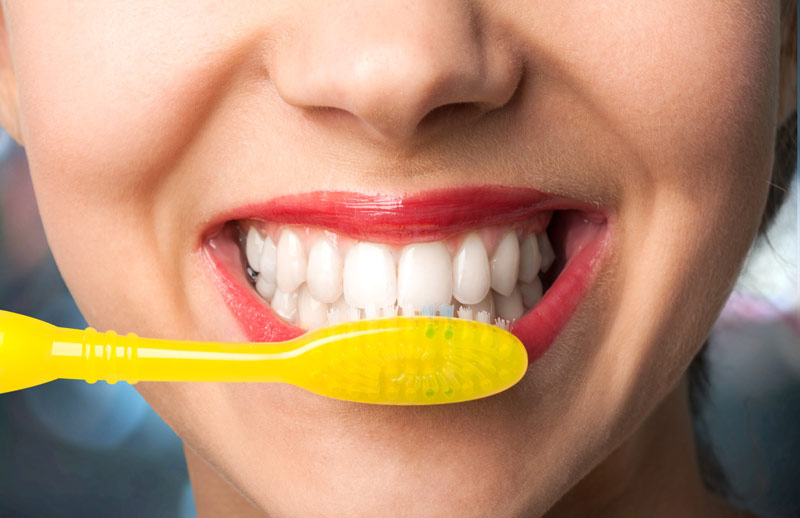
We all know brushing your teeth is essential for a healthy smile, but did you know there are moments when reaching for your toothbrush can actually do more harm than good? Timing matters just as much as technique, and brushing at the wrong time can damage enamel, irritate gums, or undo your dental care efforts altogether. From right after meals to when you’re feeling under the weather, here are 13 times you should put the toothbrush down and give your teeth a break.
1. Immediately After Drinking OJ or Soda
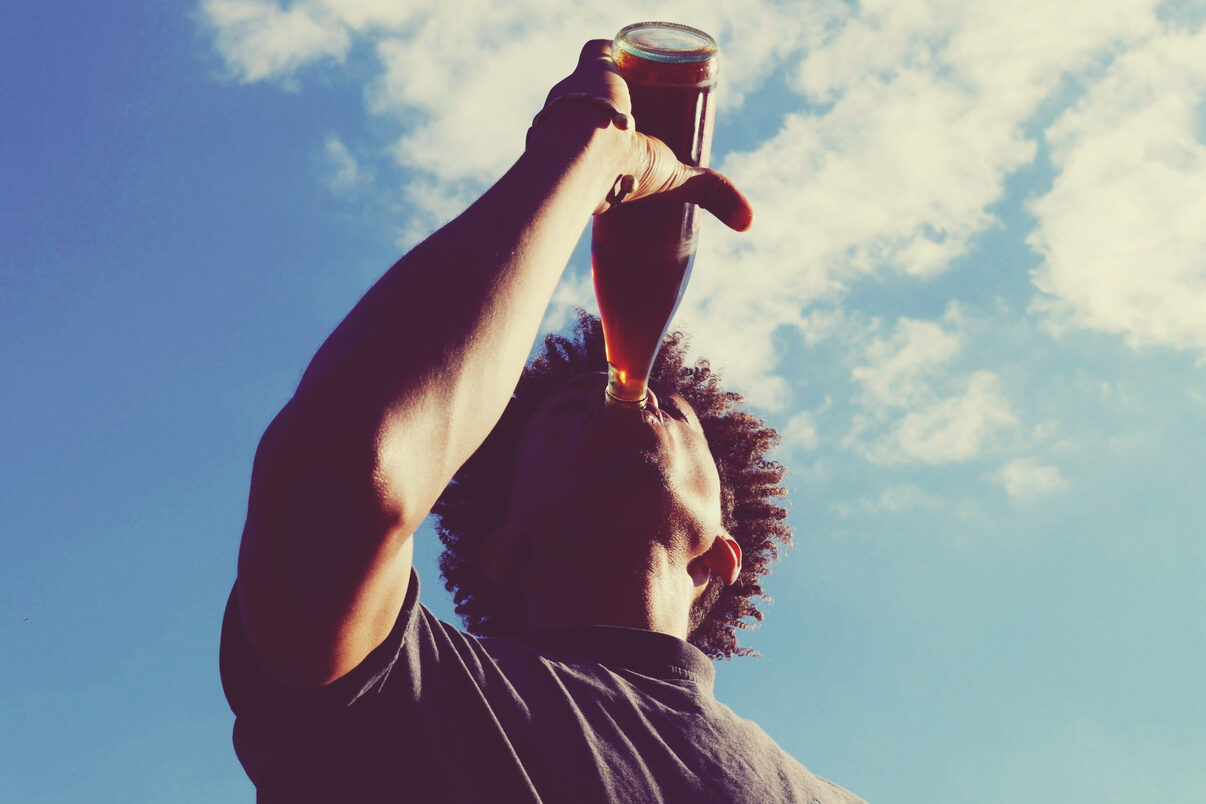
It is common to feel like you should brush right after sipping orange juice or soda, but doing so can actually harm your teeth. The acidity from these drinks temporarily softens your enamel, making it more vulnerable to wear. If you scrub at this stage, you risk brushing away that softened layer. A safer choice is to rinse with water and wait about thirty minutes before brushing. This gives saliva time to neutralize the acid naturally. That short delay protects your teeth while still leaving them fresh and clean when you finally brush.
2. Right After Drinking Wine

Wine often feels elegant and light, but it is more acidic than most people realize. Whether red, white, or sparkling, wine temporarily weakens enamel, leaving your teeth more at risk. Brushing immediately afterward can push that acid deeper, causing subtle damage over time. Instead, it helps to drink water alongside your wine and let saliva do its balancing work. Once thirty minutes pass, brushing will be far safer and more effective. Pausing a little before picking up your toothbrush ensures your teeth stay stronger and healthier long term while still allowing you to enjoy your glass.
3. Right After Acidic Meals
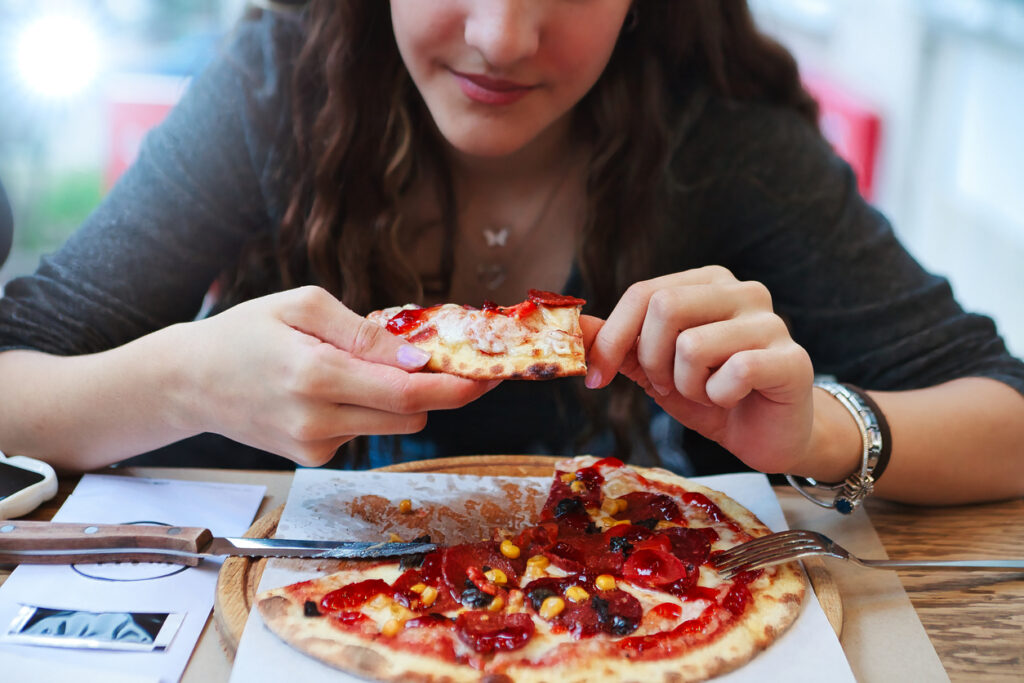
Meals that feature tomatoes, citrus, or vinegar are flavorful, but they also load your mouth with acid that softens enamel. Brushing right away feels refreshing, but it may wear down that delicate surface. Waiting about thirty minutes after eating allows saliva to naturally neutralize the acid. In the meantime, rinsing with water or chewing sugar free gum helps bring your mouth back to balance. Once your enamel is ready, brushing safely clears away food particles without causing damage. Giving your teeth a little time to recover means you still get clean results without unnecessary erosion.
4. Right After Eating Sugary Snacks

After enjoying candy or sweet treats, brushing right away might seem like the obvious solution. But bacteria in your mouth immediately feed on sugar, producing acid that weakens enamel. If you brush too quickly, you may actually spread this acid into the enamel surface, doing more harm than good. The smarter move is to rinse with water and wait for saliva to buffer those acids. After thirty minutes, brushing becomes both safe and effective. Giving your teeth a chance to reset before brushing helps prevent long term damage while still leaving your mouth feeling fresh.
5. Post-Whitening Treatment
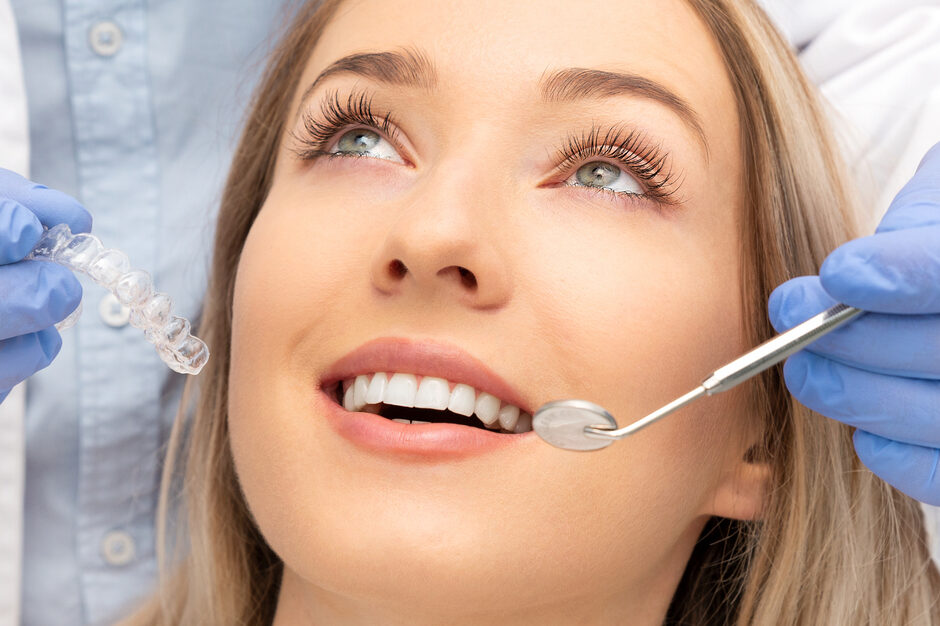
Whitening treatments can make teeth brighter, but they also leave enamel more sensitive and porous right after the process. Brushing during this fragile period may cause irritation and unnecessary discomfort. Instead of rushing, it is better to allow your teeth a few hours to settle. During this time, rinse gently with water and avoid dark colored foods or drinks that might stain. Once enamel has stabilized, brushing is much safer and more comfortable. This simple pause not only helps reduce sensitivity but also protects your whitening results, keeping your smile bright and healthy for longer.
6. After Swimming in a Chlorinated Pool
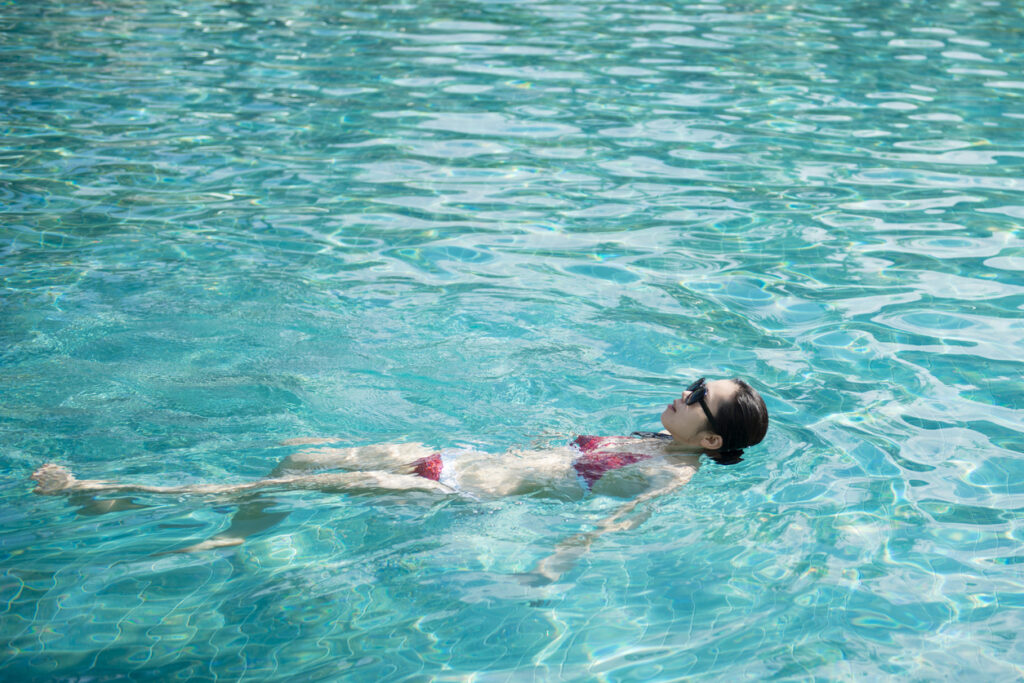
Swimming is refreshing, but chlorine in pool water can raise acidity levels in your mouth. Prolonged exposure may soften enamel, leaving it more fragile than usual. Brushing immediately after a swim might scratch away that softened surface without you realizing it. A better approach is to rinse with fresh water as soon as you finish swimming, then wait before brushing. If you swim often, drinking plain water during and after can help protect your teeth. This small adjustment keeps your smile safe while still letting you enjoy long hours in the pool without worry.
7. Right After a Workout

Exercise is great for your body, but it can dry out your mouth. When saliva flow slows down, your enamel loses its natural protection, making brushing immediately afterward risky. Instead of heading straight for your toothbrush, focus on hydrating first. Drink water, let saliva return, and then give your teeth about twenty to thirty minutes to recover before brushing. This way, you avoid brushing against a dry, unprotected surface. It is a simple routine that balances your fitness and dental care, showing how small timing choices can make a lasting difference.
8. When You Have Dry Mouth
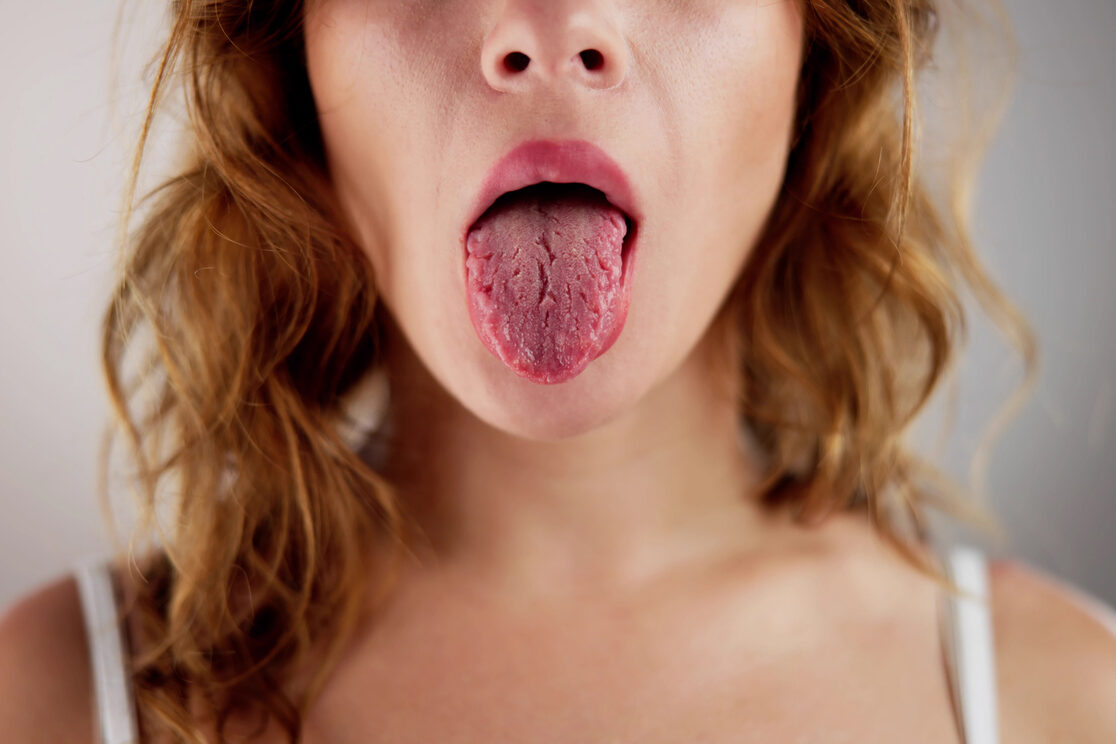
Sometimes your mouth dries out because of medication, dehydration, or even just sleeping with your mouth open. Brushing in this condition can wear enamel faster because saliva is not there to coat and protect teeth. If your mouth feels dry, it is better to sip water first or chew sugar free gum to encourage saliva. Once moisture returns, brushing becomes safer and more effective. Waiting until your mouth feels balanced avoids unnecessary damage. It also makes brushing more comfortable and helps keep your teeth strong for the long term.
9. Right After Vomiting
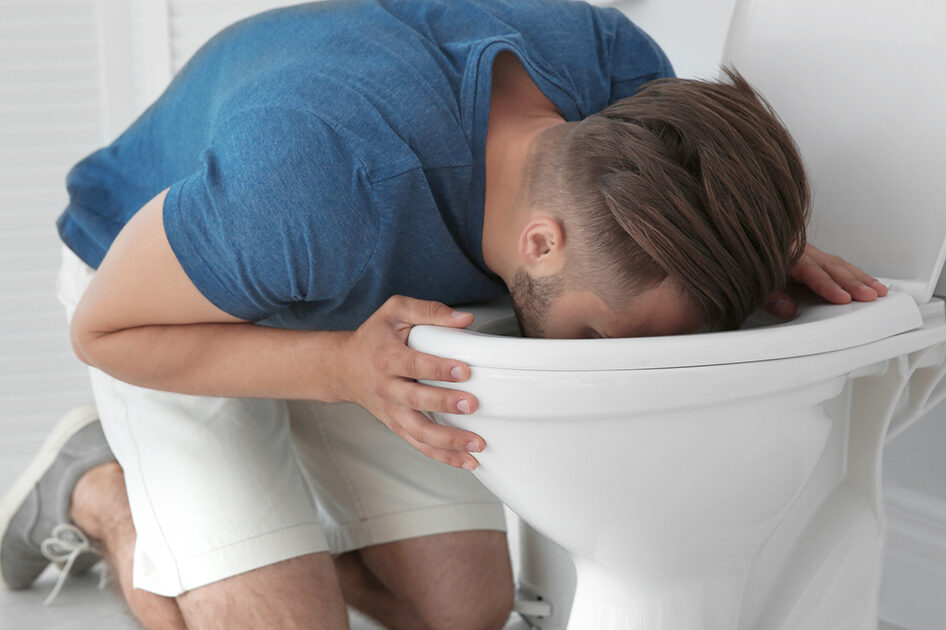
Vomiting is never pleasant, and the urge to brush right away is strong. But stomach acid coats your teeth during the process, leaving enamel extremely fragile. Brushing immediately can push this acid deeper into the surface. A smarter option is to rinse your mouth with water first, or even use a mild baking soda rinse to neutralize the acid. After about thirty minutes, brushing will be safe again. Holding off may feel counterintuitive in the moment, but it spares your teeth unnecessary harm while still leaving you feeling clean afterward.
10. When Using Prescription Mouthwash
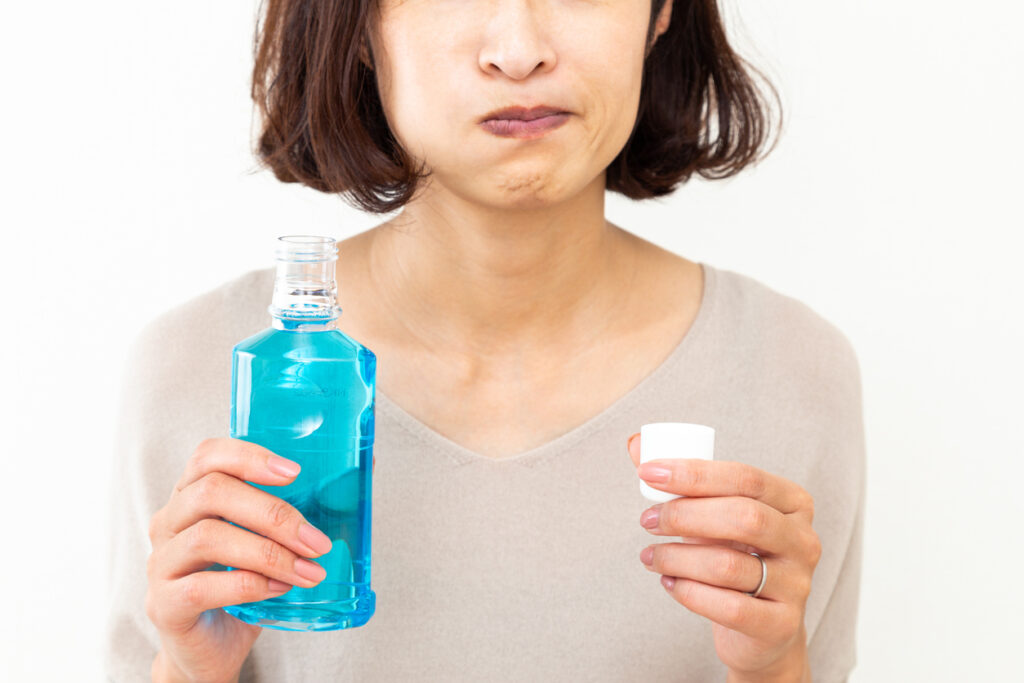
If you have been prescribed a medicated mouthwash, brushing immediately after rinsing can wipe away the very ingredients meant to help. These rinses often contain fluoride or antibacterial agents that need time to work. The best approach is to let the mouthwash sit undisturbed for at least thirty minutes before brushing. In the meantime, avoid eating or drinking so the rinse can fully protect your teeth. This way, you get the maximum benefit from the treatment. A little patience ensures that your mouthwash delivers real results and strengthens your dental health.
11. During a Nosebleed
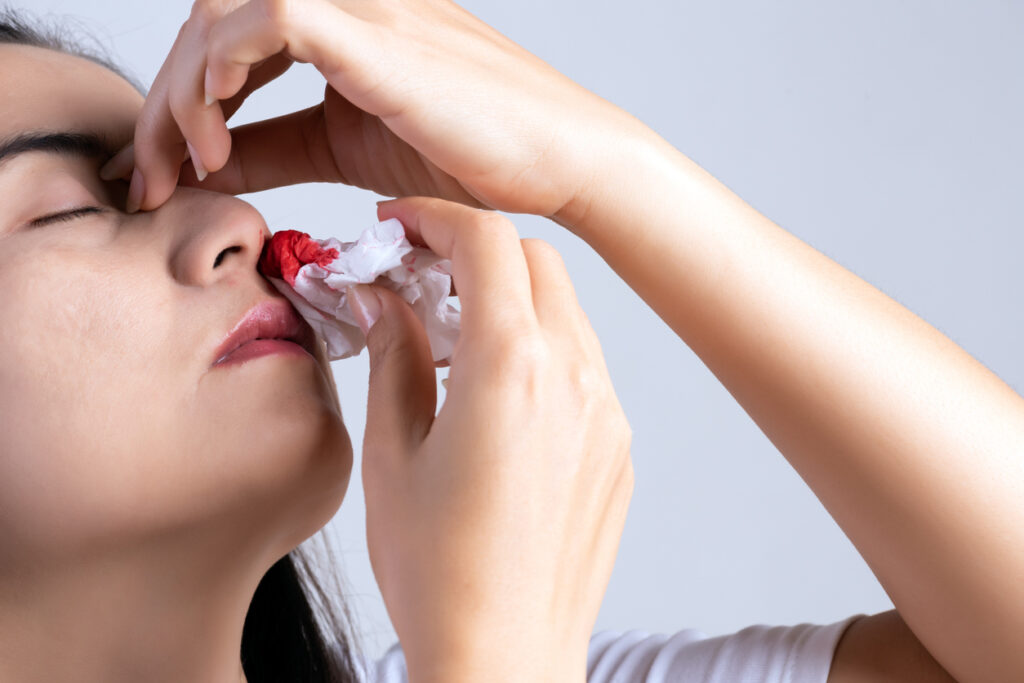
A nosebleed can be messy and uncomfortable, and brushing while blood is draining into your mouth is not a good idea. The tissues in your mouth and gums are already sensitive, and brushing during that moment can add irritation or worsen bleeding. It is far better to focus on stopping the nosebleed first, rinsing your mouth gently with water afterward. Once bleeding has completely stopped and your mouth feels normal again, brushing becomes safe. Pausing for this short period protects both your gums and enamel while allowing your body to recover naturally.
12. When Your Gums Are Bleeding Uncontrollably
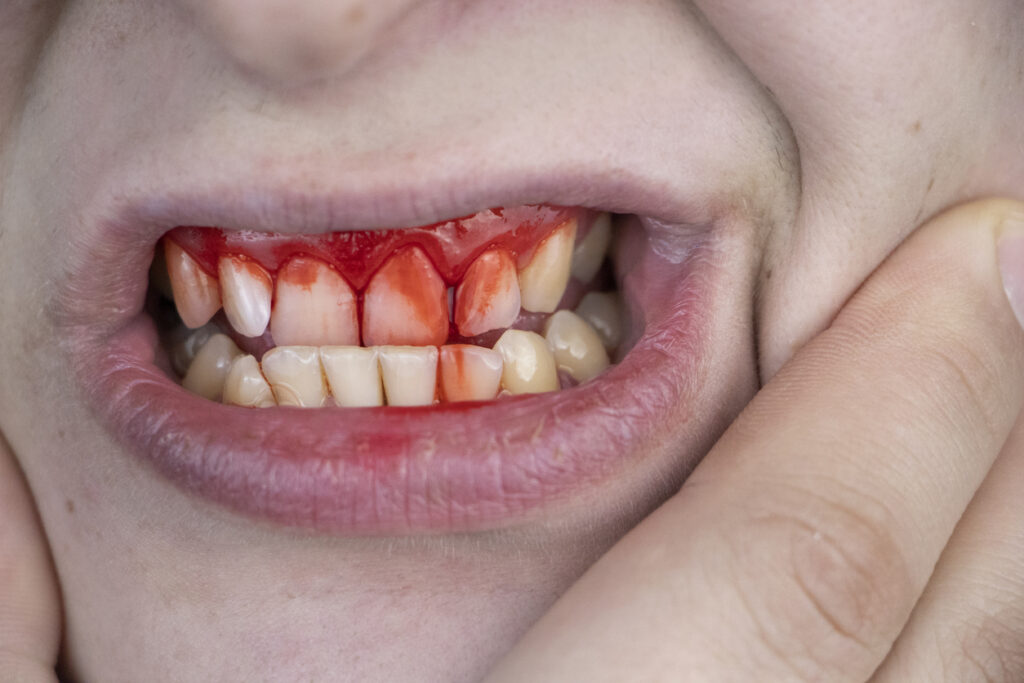
Light gum bleeding happens sometimes, but if it continues or feels heavy, brushing harder is not the answer. In fact, brushing aggressively during that period can make things worse. Persistent bleeding gums may point to irritation or other issues that need attention. Instead of pushing through, give your gums time and rinse gently with water or a mild saltwater solution. Once things calm down, brushing lightly is fine. Listening to your body helps more than forcing it, and holding back shows that proper care means knowing when not to push.
13. When You Have a Mouth Ulcer or Injury
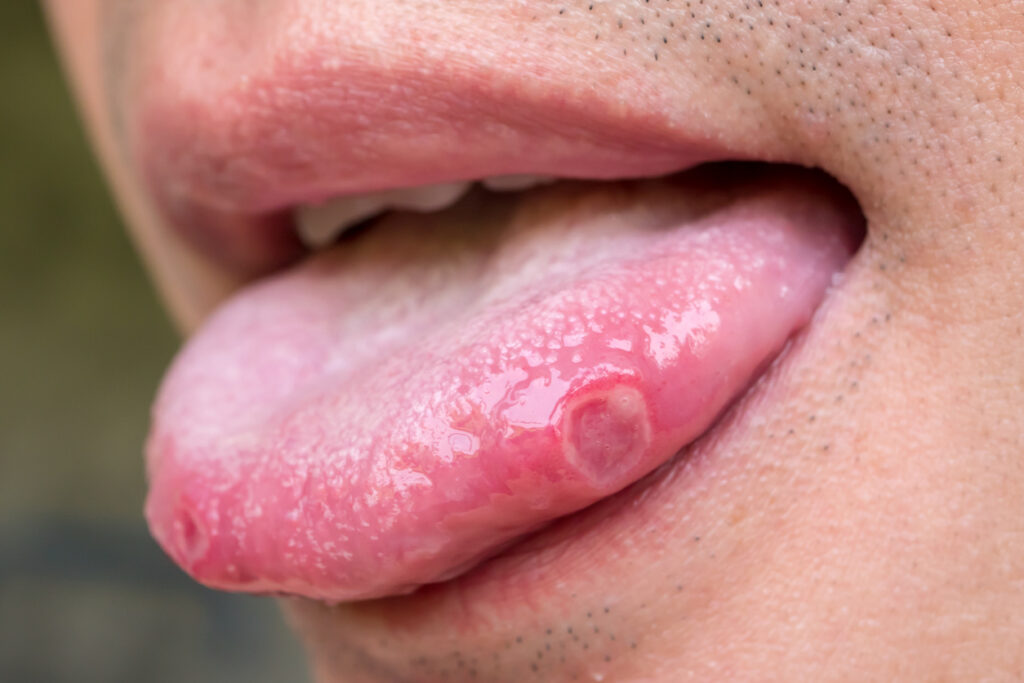
Cuts, ulcers, or sores in the mouth are painful enough without brushing making them worse. Running bristles across these sensitive spots can delay healing and spread bacteria. If you have an ulcer or injury, avoid brushing directly on the sore area. Use a soft bristled toothbrush for the rest of your mouth and rinse gently with saltwater for relief. Giving your mouth time to recover is the best form of care. Sometimes protecting your smile means patience, not pressure, and that pause keeps you healthier in the long run.


